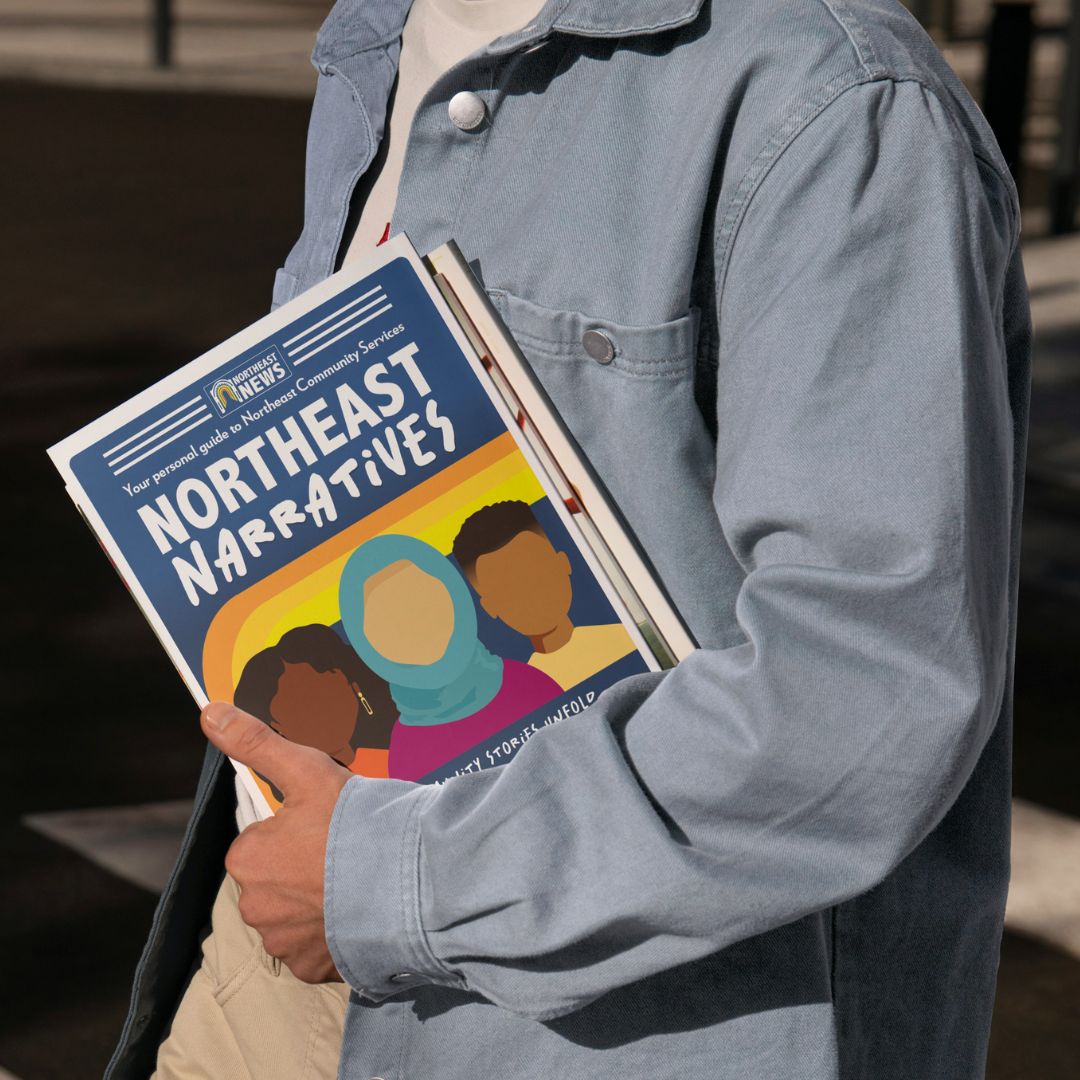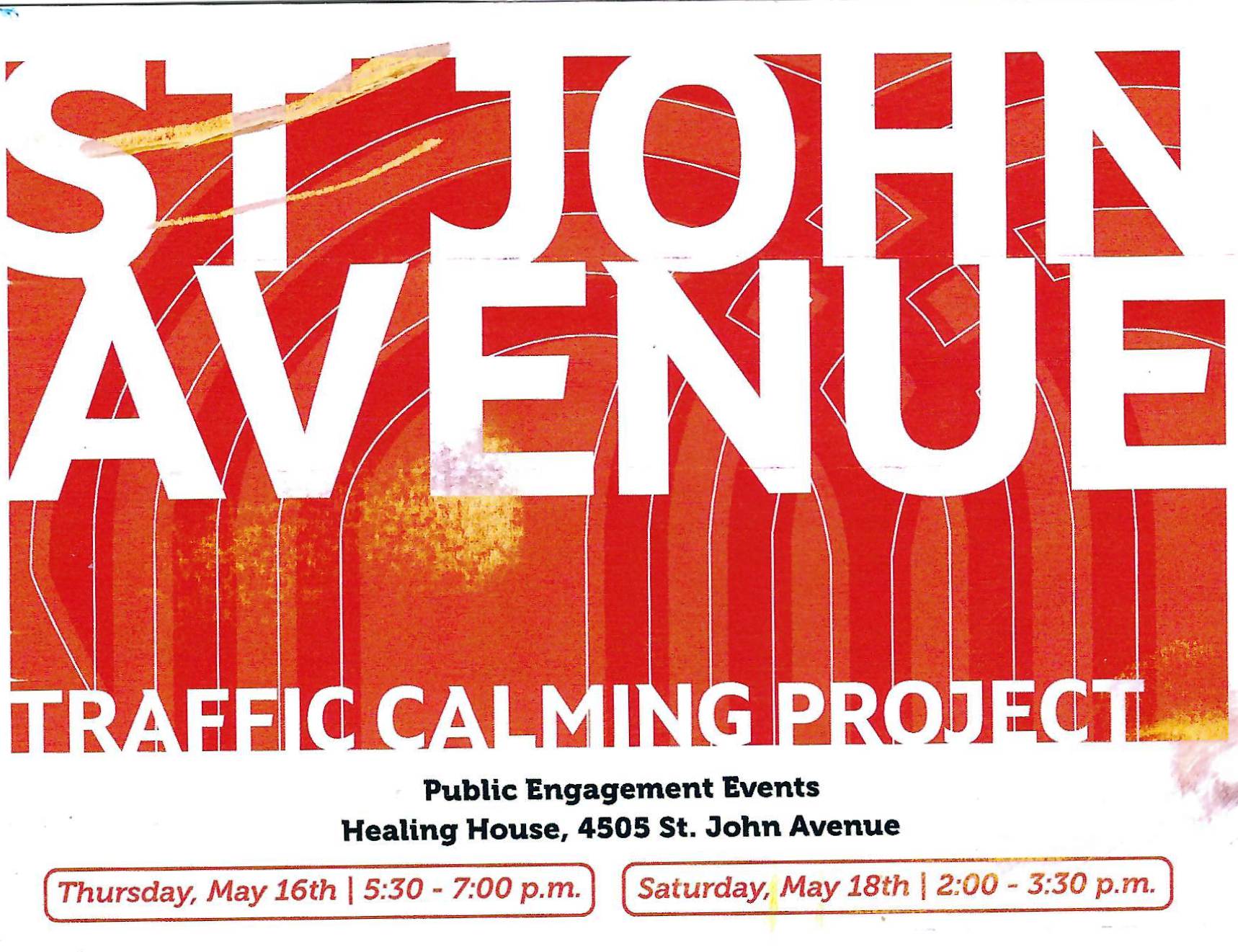By Joe Jarosz
Northeast News
January 6, 2016
KANSAS CITY, Missouri — For the past three years, Major Joe McHale was the man in charge of Kansas City’s No Violence Alliance [KC NoVA].
In 2012, KCPD Chief Darryl Forté appointed McHale to turn around the division. During that time, he had a clear goal in mind; to prevent and reduce violent crime and to go after the groups that were the most responsible for violent crimes. With just two other people by his side back in 2012, he was able to grow the division to nearly 70 strong.
“We knew it would be a roller coaster, but we didn’t take into account how big of a challenge it would be to implement strategies like focused deterrents,” McHale said. Focused deterrence strategies are problem-oriented policing strategies that follow the core principles of deterrence theory, targeting specific criminal behavior committed by offenders who are vulnerable to punishment. Offenders are directly confronted and informed that continued criminal behavior will not be tolerated. “The department was properly organized for that strategy.”
With the KC NoVA ship righted — and gaining national attention — McHale wanted change. He had talks with Forté and former East Patrol commander Major Rick Smith about the two switching roles.
“It was a strategic decision to make this move,” McHale said. “Major Smith has a very good tenure and a very good knowledge of the workings of patrol and different elements of the department and we felt for the longterm sustainability of the NoVA project, to bring another commander in to get all that experience I had the last three years was vital.”
McHale pointed out that another reason for the swap was because in 2015, East Patrol saw its homicide numbers double from 2014, from 23 to 43 [as of Dec. 21, 2015].
“That accounts for almost half the homicides citywide,” McHale said. “I’m coming here with the mindset that can collaboratively work with NoVA and engage our patrol officers in a way they’ve never been engaged, focusing more with violence reduction and prevention and impact that [homicide statistic] number into the next year.”
Homicides aren’t the only issue that plagues the East Patrol Division. Property crimes and quality of life issues are generally discussed amongst area residents, especially in the Northeast. McHale said the Northeast has changed dramatically since he was a sergeant for 10-Sector, also known as the Northeast, from 1996-1999. He noted that the Northeast presents unique challenges, such as gang violence and issues with the transient population.
Also, the Historic Northeast now has many multi-cultural residents, which bring different issues for police.
“We’re pushing the idea that they can engage with the police department because in some cultures, it’s very intimidating for them and they might not know the processes here,” McHale said. “The unique thing about being a police officer in the Northeast is that if you can successfully be a police officer in the Northeast, you can successfully be a police officer anywhere in the United States because you get everything thrown at you. Its the most difficult sector in the city, by far. So it gets a unique blend of officers, too.”
Department wide, McHale said divisions will be a little bit low on resources in 2016. “It’s been the roughest its been in probably a decade and we don’t see an end to that this year.” Even if he were to be told he’d get 60 officers tomorrow, he wouldn’t actually get them tomorrow. They’d still have to go through academy training, which could take about a year and a half.
“What I would stress is I want to police in a way that makes a difference,” McHale said. “I want to make arrests that matter to the community and make a difference in the big picture. That goes along with input from the community groups and there are two dozen community groups in East Patrol that I have to be conscience of what their needs are.”
He’s already been engaged with some of the neighborhood associations since the change. And not to disparage other neighborhood associations in the East Patrol, but McHale said the ones in Northeast are, “by far the most organized, passionate and most active.”
“When people care about their neighborhood, it makes us care a little bit more,” McHale said. “When you see engaged citizens, it’s easier for us to engage and police.”
Just as Major Smith was known amongst the neighborhood associations, McHale plans to be seen as much as he could. With the transition to a new role, in a new station where not everyone has moved in yet, McHale said he has yet to meet all the neighborhood association leaders. But after the first of the year, he said he plans to get out and meet with all the community organizations in East Patrol.
“I just ask for a little patience while I get settled,” McHale said. “One of the strengths I’ll have once I get to know people in East Patrol is collaborating. In my past jobs, my strengths were always building collaborations.”


















